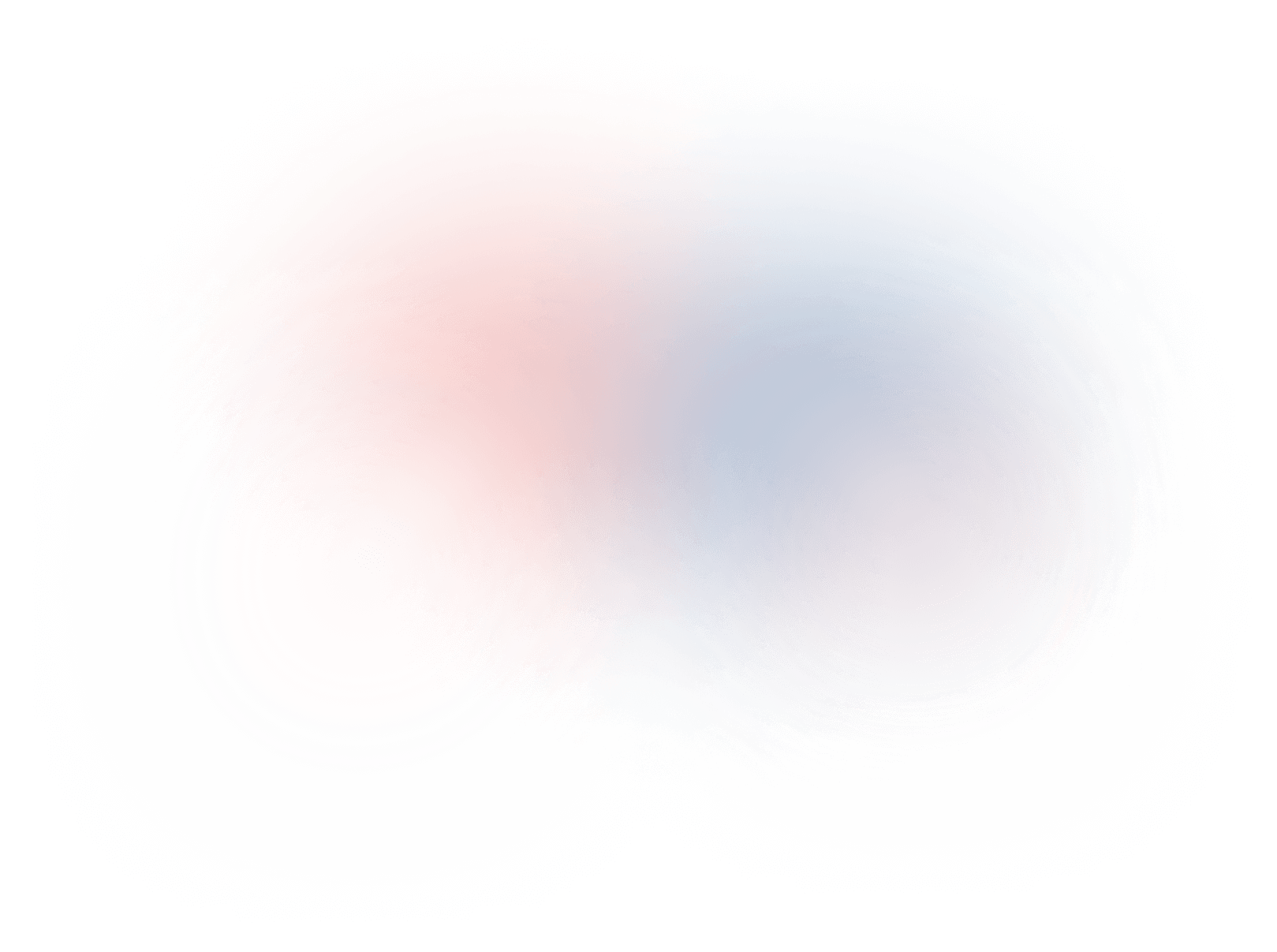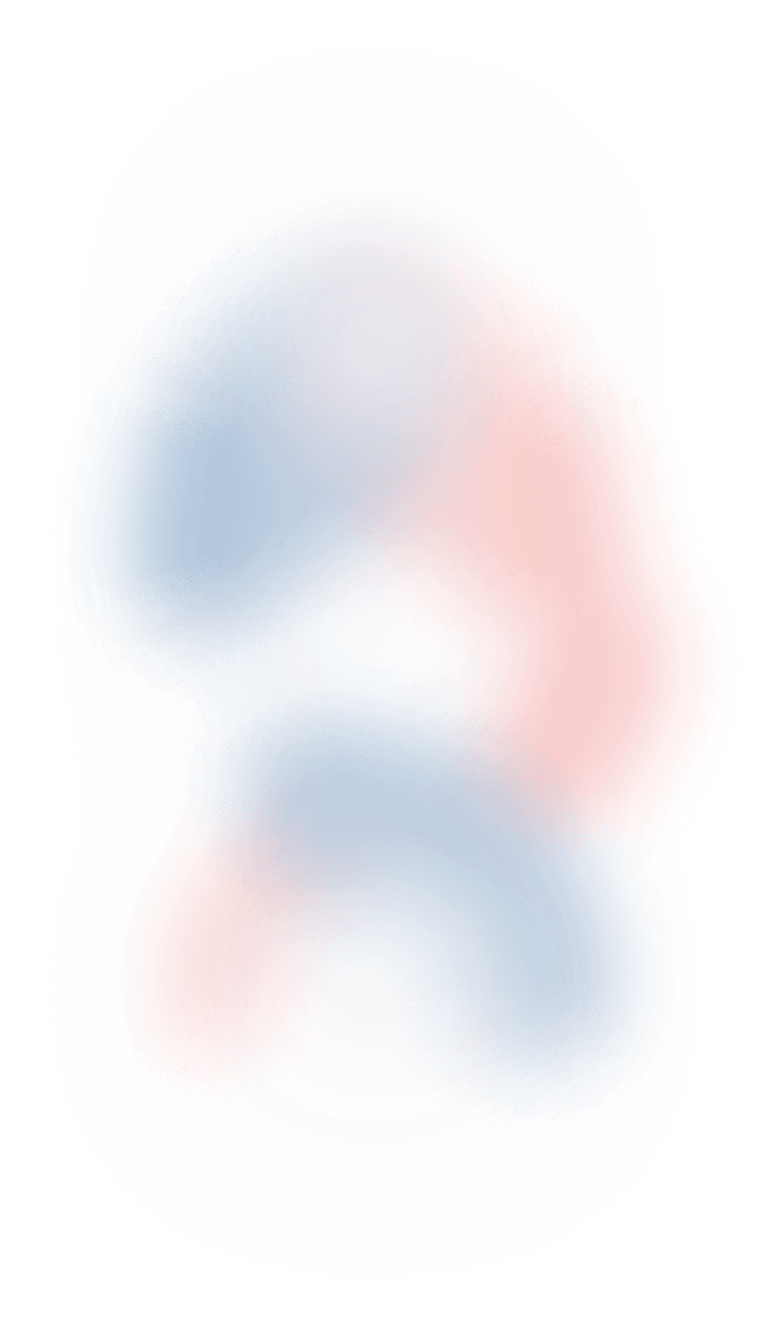Michigan cannabis law
| Medical patients | 2.5 oz |
| Recreational users | 2.5 oz |
| Medical patients | 6% |
| Recreational users | 16% |
| Medical patients | 12 plants |
| Recreational users | 12 plants |



Do I qualify?


Concise guide to Michigan's medical marijuana laws
- Alzheimer’s disease
- Amyotrophic Lateral Sclerosis
- Arthritis
- Austism
- Cachexia or wasting syndrome
- Cancer
- Cerebral palsy
- Colitis
- Chronic pain
- Crohn’s disease
- Glaucoma
- HIV or AIDS
- Inflammatory Bowel Disease
- Hepatitis C
- Nail patella
- Nausea
- Obsessive compulsive disorder (OCD)
- Parkinson’s
- Post-traumatic stress disorder (PTSD)
- Rheumatoid arthritis
- Seizures
- Severe and persistent muscle spasms
- Spinal cord injury
- Tourette’s syndrome
- Ulcerative colitis
Two and one-half ounces of usable marijuana
Yes, no more than 12 marijuana plants kept in an enclosed, locked facility. OR, outdoor plants must not be “visible to the unaided eye from an adjacent property when viewed by an individual at ground level or from a permanent structure” and must be “grown within a stationary structure that is enclosed on all sides, except the base, by chain-link fencing, wooden slats, or a similar material that prevents access by the general public and that is anchored, attached or affixed to the ground, located on land that is owned, leased, or rented” by the registered grower and restricted to that grower’s access.
Yes. Dispensaries may also engage in home delivery.
Yes, primary caregiver is a person who has agreed to assist with a patient’s medical use of marijuana. The caregiver must be 21 years of age or older. The caregiver can never have been convicted of a felony involving illegal drugs, or must not have been convicted of any felony within the last ten years, or any violent felony ever.. Each patient can only have one primary caregiver. The primary caregiver may assist no more than 5 qualifying patients with their medical use of marijuana. State-qualified caregivers must not have been convicted of any felony within the last ten years, or any violent felony ever.
Mich. Comp. Law § 333.26424(j) (2008)
Mich. Comp. Law §§ 333.26423; 333.26426(d) (2008)
Public Acts 281-283 of 2016
129,099
Source: Cannabis Regulatory Agency, as of September 2023
No
Yes, other state, district, territory, commonwealth, or insular possession of the U.S. must offer reciprocity to have reciprocity in Michigan.
Apply for your medical cannabis card in Michigan

Detailed overview of Michigan medical marijuana regulations
Possession limits for medical patients in Michigan
According to R 420.506 of the Michigan Administrative Code, the purchase limit for medical marijuana patients is 2.5 ounces per day, as long as patients stay within 10 ounces per month. Presenting a medical marijuana card to purchase at state-licensed dispensaries is a major requirement.
Medical marijuana patients can possess up to 2.5 ounces total of marijuana. Caregivers can possess up to 2.5 ounces of marijuana per patient, with a limit of five patients.
Note that there is 1 ounce of usable marijuana in:
- 16 ounces of marijuana-infused products in solid form.
- 36 fluid ounces of marijuana-infused products in liquid form.
- 7 grams of marijuana infused products in gaseous form.
It is illegal for patients to sell the medical cannabis meant for their treatment, as they could be charged with possession with the intent to distribute.
It’s best for patients and their caregivers to stay updated with the purchase and possession limits of medical marijuana in MI. That way, they can be legally compliant.
Cultivation and responsible use of medical marijuana in Michigan
Personal cultivation:
Under Section 4 of the Michigan Medical Marihuana Act, medical marijuana patients and their caregivers can grow marijuana in their homes without a grower license. The plants must be grown indoors, in a secured facility, and not publicly seen or accessible.
Medical marijuana patients can grow up to 12 plants per household, while licensed caregivers can grow up to 12 plants for each patient, which is 60 plants for 5 patients. If, in addition to helping 5 patients, the caregiver also holds a medical marijuana card, they are allowed to grow up to 72 plants at home.
Commercial cultivation:
To get a marijuana grower license in MI, the individual must have a minimum of two years as a caregiver or an active employee who has been a caregiver for at least two years.
The medical marijuana grower licenses in Michigan are issued under the Medical Marijuana Facilities Licensing Act, and divided into three. The categories of marijuana grower licenses in MI and their license fees are:
- Class A – This authorizes the grower to cultivate up to 500 marijuana plants, with a fee of $1,200.
- Class B – The licensee can only grow up to 1,000 marijuana plants and pays a fee of $6,000.
- Class C – This permits the grower to cultivate not more than 1,500 plants and require a fee of $24,000.
Primary caregiver responsibilities and considerations in Michigan
In Michigan, only the medical marijuana patient and the official caregiver of the patient can purchase, possess and cultivate the state-allowed amount of medical cannabis. Registered medical marijuana caregivers are allowed to assist up to five qualified patients. The Michigan Medical Marijuana Act also requires minors or housebound patients to appoint a caregiver before receiving a medical marijuana card.
The primary caregiver can be appointed by the medical marijuana patient, the legal guardian or the parent of the minor. The Michigan Cannabis Regulatory Agency does not have a database of caregivers for patients who require one but don’t have one.
Here are the requirements for medical marijuana caregivers in MI:
- They must be 21+.
- They must reside in MI.
- They must not have a criminal history of a felony, including those involving illegal drugs and violence, in the past 10 years.
- They must agree and be willing to assist the patient with their medical marijuana needs.
To appoint a caregiver, the qualified patient must designate a person during the initial application. The prospective caregiver must submit a criminal background check and pay a $25 processing fee.
The main responsibility of a medical marijuana caregiver is to ensure a qualified patient is using medical cannabis safely. They can buy, transport, possess, administer and cultivate cannabis on behalf of the medical marijuana cardholder.
As a caregiver, you should comply with the relevant laws in MI and keep all necessary documents up to date to avoid implicating your patient. Also, respect the confidentiality of your patient’s medical information, unless they allow you to reveal it.
It is illegal for caregivers to consume or sell the cannabis purchased for their patients. This can be charged as a misdemeanor or felony.
Medical marijuana for veterans in Michigan
Veterans who will benefit from medical marijuana due to physical and mental health conditions are allowed to receive an MMMP Registry Card. Michigan does not have any laws against veterans using medical cannabis as a treatment option.
- Veterans can apply for a medical marijuana card using the same process as other individuals in MI. The same laws on purchase, possession, cultivation and responsible use apply.
- The Cannabis Regulatory Agency has implemented the Task Force 1620 program, which allows licensed dispensaries to offer veterans a discount of 75% to 100% on cannabis products. This program aims to provide affordable access for veterans.
- The Department of Veterans Affairs considers marijuana a Schedule One controlled substance, as it’s illegal under federal law. All VA healthcare providers are restricted from recommending or assisting veterans in getting medical cannabis. Still, a veteran remains entitled to VA benefits despite marijuana use.
- Veterans seeking a medical marijuana card cannot use a VA physician for the required recommendation, but they can use a non-VA physician. Additionally, veterans who have obtained a MMMP Registry Card are exempt from disciplinary action for testing positive for marijuana in a urine drug screen
- As a Schedule One controlled substance, it’s a felony for a MI medical user to possess a firearm or ammunition.
At Dr. Weedy, we are dedicated to supporting veterans who require medical marijuana treatment. We’re proud to offer exclusive discounts to veterans in need of medical marijuana treatment, making it more affordable to access the care they deserve. Click here to learn more about our veteran’s discount program.
Access to marijuana treatment for people with disabilities in Michigan
Medical marijuana patients who are disabled or housebound due to an illness can designate a caregiver to help in the purchase, transportation, possession, administration and cultivation of marijuana in MI. Dr. Weedy provides a seamless online platform, making it convenient for people with disabilities to receive medical marijuana cards.
With a focus on equal access to medical cannabis treatments, we make the certification process 100% remote. You can complete the physician consultation and application from the comfort of your home, while your caregiver assists with the purchase and responsible use.
Medical marijuana reciprocity and access for non-residents in MI
When states allow individuals from other states to purchase medical cannabis with their medical marijuana card, this falls under a reciprocity program. In Michigan, provisioning centers or dispensaries can sell to visiting patients from other states as long as they possess their marijuana registry card and government ID card or driver’s license. The visiting patient must be buying within the state approved limit.
MI allows licensed marijuana dispensaries to accept MMJ cards issued in specific states under this program. The states include:
- Louisiana
- Oklahoma
- New Hampshire
- Arizona
- Washington D.C.
- Rhode Island
- Hawaii
- Maine
- Nevada
- West Virginia
- New Mexico
- New Jersey
Diagnosis and medical marijuana treatment for PTSD and chronic pain in Michigan
A common concern among patients is whether they qualify for a medical marijuana card and can receive the treatment for PTSD or chronic pain. Michigan has over 20 qualifying medical conditions for an MMJ card, and it includes PTSD and chronic pain.
- PTSD: Post Traumatic Stress Disorder was added to the list of qualifying medical conditions under the MI Medical Marijuana Act in 2012. This is a medical disorder that occurs when a patient is unable to recover after witnessing or experiencing a traumatic event. Patients with symptoms of PTSD can consider medical marijuana as a treatment option. Consult a licensed physician to determine if you are eligible.
- Chronic Pain: Severe and chronic pain as a medical condition or side effect of a treatment causes a patient to qualify for medical marijuana treatment in MI. If traditional medical treatments don’t alleviate the pain, consider discussing the possibility of medical cannabis treatment with your doctor.
THC limits for medical marijuana products in Michigan
Medical marijuana products are more potent than those reserved for recreational use. According to Michigan’s Cannabis Regulatory Agency, no licensed dispensary can sell medical marijuana that exceeds the allowed THC levels.
For medical marijuana products, the permitted level is 50mg THC per dose of infused edibles, and 100mg THC per dose of oral medicinal products like capsules, oil based drops and tinctures. Medicinal products not consumed orally like tampons and transdermal patches are also limited to 100mg THC per dose.
Recreational marijuana is less potent, with 10mg THC per dose in infused edibles and 10mg in oral medicinal products. For non-oral products, it is 100mg THC per dose.
























